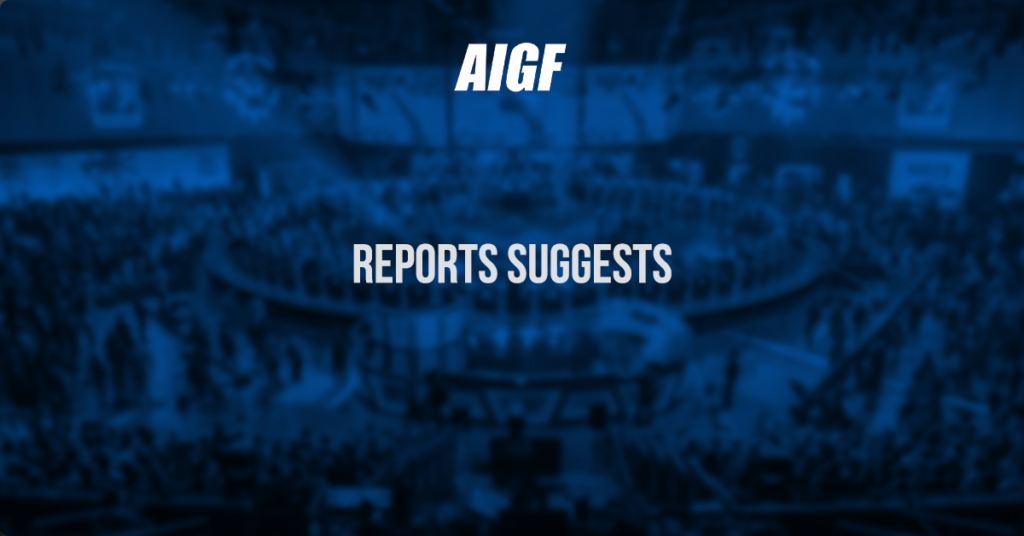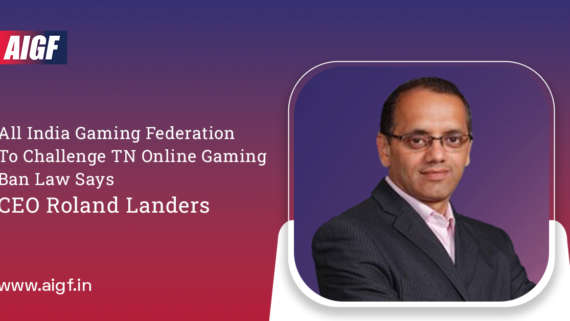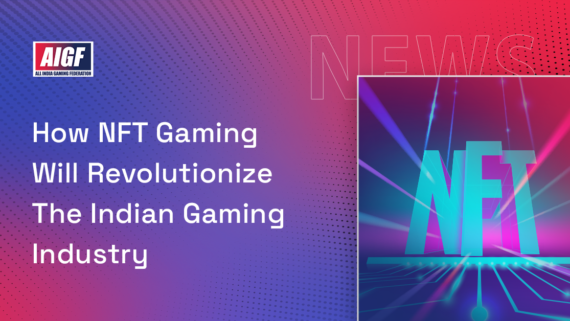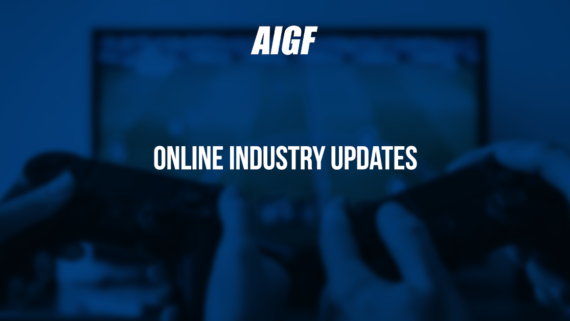Online games work either on the ‘rake fee’ model wherein the gaming platform charges a rake fee for working with games or ‘freemium’ models wherein the game is free additional features require users to purchase specific items for a price. Therefore, a reasonable inconvenience of Goods and Services Tax (‘GST’) is important for sustaining this industry.
India’s Online Gaming Industry Has The Potential To Generate $2 Billion By 2023: EY-All India Gaming Federation Report
The Indian online gaming sector stood at US$1.027 billion in 2020, a development of 17.3% from US$543 million in 2016. According to EY-All India Gaming Federation (AIGF) report ‘Online gaming in India – The GST conundrum’, with its present direction, it is expected to stand at US$2 billion by 2023 in respect to rake fees earned. While currently, India is the fourth biggest online gaming market worldwide, the industry requires a vigorous administrative and lawful climate to help the business grow rapidly and achieve its actual potential. The report features worldwide accepted procedures for tax assessment and gives genuinely necessary lucidity on viewpoints identified with valuation and material GST rates.
Online gamers in India are assessed to develop from 360 million in 2020 to 510 million in 2022. Moreover, there are more than 400 gaming new companies at present that are speeding up the development of the sector. Notwithstanding, in India, the classification of whether a game involves a ‘game of skill’ or a ‘game of chance’ has wide consequences for legitimate implications on business activities. A game of chance draws in a higher GST pace of expense versus a game of skill. Online games work either on the ‘rake fee’ model wherein the gaming platform charges a rake fee for working with games or ‘freemium’ models wherein the game is free additional features require users to purchase specific items for a price. Therefore, a reasonable inconvenience of Goods and Services Tax (‘GST’) is important for sustaining this industry.
Bipin Sapra, Partner – Indirect Tax, EY India, said, “The online gaming industry is developing at a noteworthy CAGR of more than 20% and holds critical potential for economic growth, job creation, and contribution to the Government’s vision of a trillion-dollar digital economy by 2025. To empower the industry in understanding its pinnacle development potential, it is basic that the GST system for the online gaming industry is kept sane and at standard with other innovation stages. Taking on around the world reliable guidelines in our expense treatment of the industry will empower it to accomplish its actual potential.”
Roland Landers, CEO, All India Gaming Federation, said, “The valuation disputes under GST law have been a dampener to the industry. Considering the market size and future growth projections, the online gaming industry is expected to be a significant contributor to the government’s vision and provide future economic avenues considering the ubiquitous digital trends impacting our lifestyle. It is important to highlight that regressive taxation of these emerging sectors may only make the business unsustainable in India. Our recommendation is that the Tax authorities should align their policies with internationally accepted principles of taxing the online gaming sector and provide certainty to the industry. We hope that this report would provide meaningful insights and help accord focus to this sunrise industry.”
To understand the maximum capacity of the online gaming industry, a toll of standard GST/VAT rates is suggested, to be treated on par with other segments of the economy.
Crystallizing the GST levy mechanism
The valuation mechanism in imposing GST on the whole stake esteem opposite the rake fee component ought to be unmistakably illustrated to keep away from any ambiguities and potential cases prompting tax demands. Any vulnerability and potential outcomes of the case unfavorably impact the business strategies, operations, and entry of new players in the industry. Most industry players have a rake fee in the scope of 4% – 20%. Any attempt to levy GST on the whole stake value possibly prompts economic unviability of the business model and could constrain the conclusion of organizations.
The report outlines three options:
- GST on rake fee value:
This recommends a levy of GST just on the rake fee, like consideration received by the gaming platform. It is as of now being followed across the industry and is in arrangement with the current GST component to levy tax on thought as it were.
- Deemed credit model:
This has two information measurements to be thought of – stake and pay-outs. This component makes it simpler for the Government to confirm and review entities. Nonetheless, organizations would be needed to embrace an adjustment of their ERP frameworks to process GST.
- GST on the whole stake value however at a nominal rate of say 1.8%:
This is more straightforward to ascertain as it has just a single information measurement to be followed by a business, for example, a stake value. Nonetheless, the component would be prejudicial for industry players having low rake since the GST surge would be high while margins are lower. This technique is additionally inclined to control where ‘platform fee only’ players with no prize-winning model might offer nominal rewards to bring down charge surge.
Given the online gaming industry goes about as an innovation empowering influence and works with interactive experiences through a web stage like programming organizations’ items, the report prescribes a GST rate of 18% be levied to relieve any dangers of misclassification of the online gaming industry as betting or gambling. The tax rate ought not to surpass 20% as it could bring about the gaming operators just as consumers entering the grey market. Singapore, South Africa, and Australia follow the deemed credit model component making it simpler to check and review the entities. The model is by legal choices and deals with expected danger around the misdeclaration of rake fees.
Credits: Business Insider











Comments
Comments are closed.